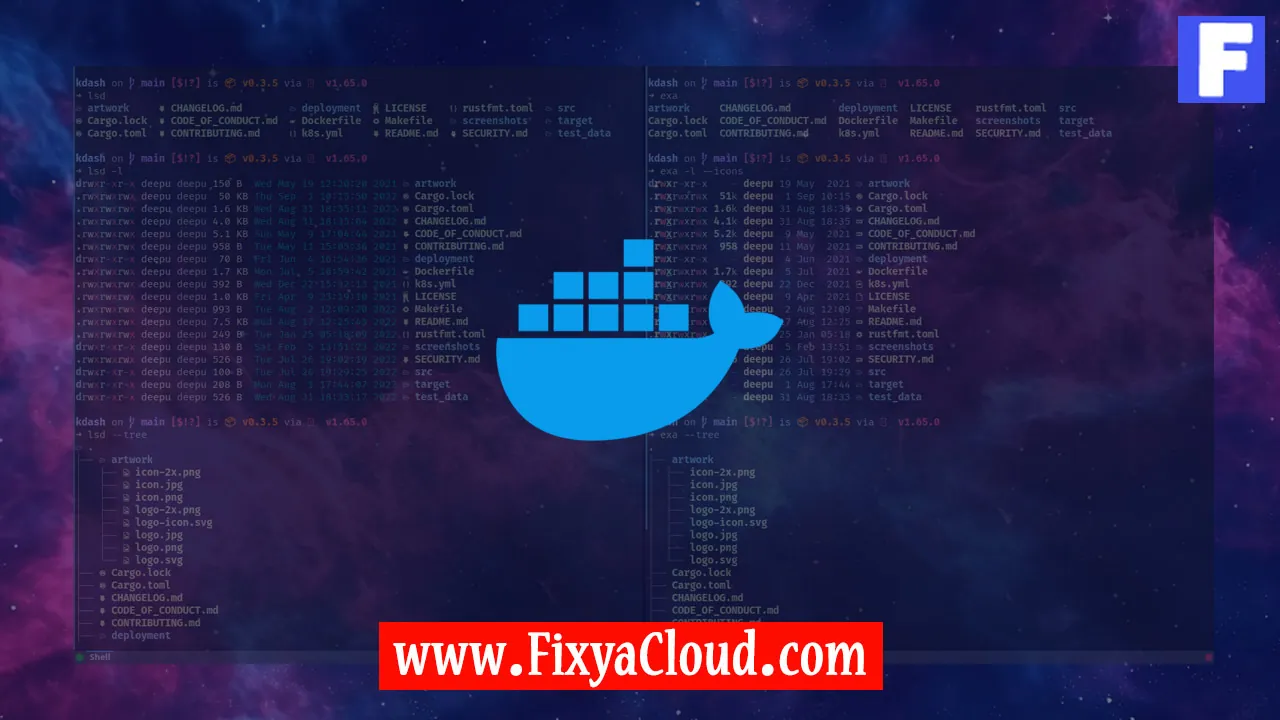Docker Alternatives

In the dynamic world of containerization, Docker has long been a go-to solution for developers and system administrators. However, as technology evolves, so do the options available. In this article, we will explore various Docker alternatives that offer unique features, flexibility, and performance. Whether you're seeking a lightweight solution or specific functionalities, these alternatives might just be the answer you're looking for.
Podman: Lightweight and Rootless Containers
Docker relies on a daemon running as root, which might pose security concerns. Podman provides a rootless alternative, allowing users to run containers without the need for elevated privileges.
podman run -it ubuntu /bin/bashThis command launches an interactive Ubuntu container without requiring root access, enhancing security and reducing potential vulnerabilities.
Kubernetes: Scalability and Orchestration
While Docker focuses on individual containers, Kubernetes excels at container orchestration. It automates the deployment, scaling, and management of containerized applications.
kubectl create deployment myapp --image=nginxKubernetes simplifies the deployment process, ensuring that your applications run seamlessly across clusters of machines.
rkt (Rocket): Secure and Minimalistic
Developed by CoreOS, rkt offers a secure and minimalistic container runtime. With a focus on simplicity and security, rkt is designed to be composable and easily auditable.
rkt run quay.io/coreos/alpine-shThe command above runs an Alpine Linux container using rkt, emphasizing the simplicity and efficiency of this alternative.
containerd: Industry-Standard Core Container Runtime
Containerd is an industry-standard core container runtime, used by platforms like Docker and Kubernetes. It focuses on simplicity and stability, providing a reliable runtime for container orchestration.
containerd --versionCheck the version of containerd installed on your system, showcasing its standalone nature as a container runtime.
Buildah: Container Building Without a Daemon
Docker often requires a daemon for building images. Buildah offers a daemonless approach to building containers, allowing for a more lightweight and flexible image creation process.
buildah bud -t myimage .Buildah builds a container image from the specified Dockerfile, streamlining the image creation process without the need for a persistent daemon.
In the ever-evolving landscape of containerization, exploring alternatives to Docker can open up new possibilities. Whether it's enhanced security, streamlined workflows, or specific use cases, the alternatives mentioned here offer diverse solutions. Depending on your requirements, you may find that one of these alternatives better suits your needs. Stay innovative, experiment with different tools, and find the containerization solution that aligns perfectly with your goals.
Related Searches and Questions asked:
That's it for this topic, Hope this article is useful. Thanks for Visiting us.
